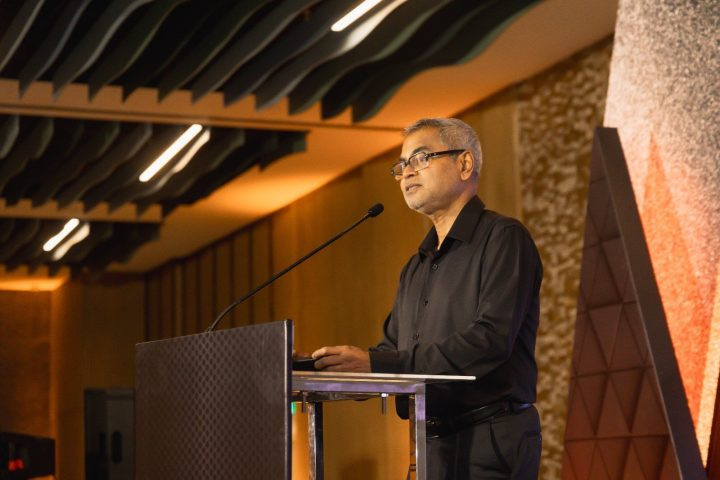

Maldives Sets Stronger Foundation for Tourism with New Trust Fund
Tuesday 5th of August 2025
The Government of Maldives has officially announced the regulations for the newly established Tourism Trust Fund—a dedicated financial mechanism set up to support the country’s thriving tourism sector with long-term, sustainable goals in mind.
The fund is a key part of the Maldives’ broader vision to maintain its position as a world-leading destination, while ensuring that tourism benefits are shared responsibly across communities and future developments stay aligned with international standards.
Supporting Growth While Raising the Bar
At the heart of this initiative is the goal of continuous sector development. The Tourism Trust Fund will provide financial backing for projects that improve tourism services and infrastructure, helping both public and private stakeholders meet the rising expectations of global travellers.
Importantly, the fund also commits to maintaining high industry standards, from service quality to environmental impact, while promoting fair distribution of tourism benefits across the nation.
Building Local Capacity
One of the core missions of the Tourism Trust Fund is to invest in capacity building. This means providing support for local tourism businesses and stakeholders to enhance their operations, workforce, and service delivery. Through education and training programmes, the fund aims to raise the skill level of the tourism workforce—helping the Maldives keep pace with top-tier destinations globally.
Where the Money Comes From
To ensure steady and diverse funding, the Tourism Trust Fund draws its capital from four main sources:
Sponsorships and External Funding: Contributions from local and international entities to support tourism-related projects.
CSR Contributions from Tourism Operators: As part of their obligations under the Tourism Act, operators must allocate a portion of their revenue to the fund. This strengthens community development and environmental efforts.
Investment Income: The fund will make its own investments to generate revenue, building long-term financial sustainability.
Training Programme Fees: Income from public tenders for industry training will also feed into the fund, helping to finance upskilling initiatives.
Oversight and Governance
To manage the fund effectively, the Ministry of Tourism will oversee its operations, with a Fund Management Committee playing a central governance role. This seven-member committee will be appointed by the Minister of Tourism and will include representatives from:
The President’s Office
Ministry of Tourism
Ministry of Finance
Ministry of Economic Affairs
Attorney General’s Office
Ministry of Construction and Housing
Maldives Inland Revenue Authority (MIRA)
The Ministry of Tourism will also establish a dedicated secretariat to handle the committee’s administrative responsibilities. This structured approach is designed to ensure the fund is managed efficiently and remains aligned with national policy goals.
Focus Areas for the First Five Years
In its initial phase, the Tourism Trust Fund will concentrate on key development areas that support both the industry and the wider community:
Tourism Sector Projects: Enhancing existing infrastructure and building new facilities to meet growing demand.
Investments in Tourism Facilities: Upgrading the quality of resorts, hotels, and visitor attractions to enrich the travel experience.
Capacity Building Programmes: Supporting training and development to improve service standards and business performance.
Community Benefit Activities: Backing public projects that boost local well-being and ensure tourism has a positive societal impact.
Adherence to Trust Statement: All spending will follow the official Trust Statement to maintain clear guidelines and integrity in fund use.
Transparency and Accountability
A strong commitment to transparency sits at the core of the Tourism Trust Fund. Each year, the Ministry of Tourism must prepare and submit a full report and financial statement detailing how the fund was used. These reports will go to the President, Parliament, Ministry of Finance, and Auditor General within three months of the end of each fiscal year.
Following this, the Auditor General will conduct a full audit of the fund’s accounts, ensuring all expenditures align with regulations. These audit results will then be submitted to Parliament within two months of completion.
This process reinforces the government’s pledge to keep the fund accountable, and to ensure that every rufiyaa is used to advance the goals of sustainable, high-quality tourism in the Maldives.